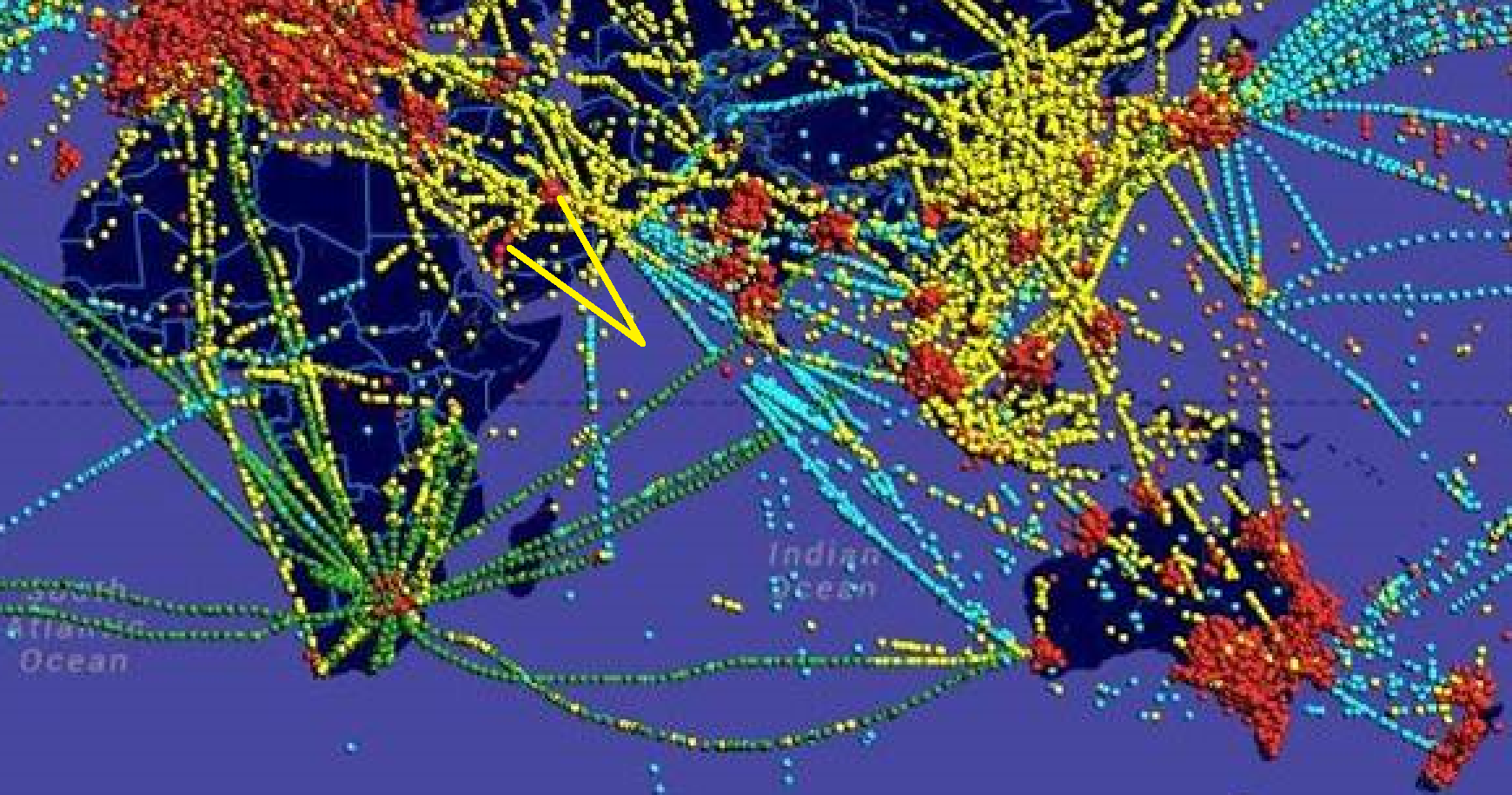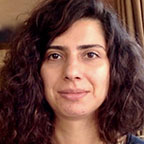
- 21 Mar 2019
[Arabia Asia] Airspace over the Middle East: Qatar- Gulf crisis from above
[This event is organised by MEI’s Arabia-Asia Research Cluster, as part of its monthly seminar series.]
Attendance is open to the NUS community only – Interested participants who are not from NUS may email meievent@nus.edu.sg.
Abstract
The Middle East lies at the center of a three-decades-long reconfiguration of global commercial air traffic, emerging as the most rapidly growing hub that connects all world regions with one stop. As the aviation industry expects a doubling in passenger and freight traffic in the next 20 years, the recent rise of the region will continue exponentially because the aviation industry’s center of gravity has been moving from the West to the East as the developing economies in the Asia- Pacific, the Middle East and Africa rise. The states in the region are competing with each other to dominate the airline routes that radiate from them as multiple Middle Eastern carriers gain the upper hand over their North American and European competitors in the global aviation market. Several Western carriers have been pressuring their governments to reconsider open skies agreements in an attempt to suppress the Middle Eastern carriers’ global growth. On the other hand, the competition among regional carriers is overshadowed mostly by political conflicts among different states. In this respect, this paper analyses the current Qatar-Gulf crisis from the lens of the contestations over the airspace rights and the increasing international as well as regional competition to dominate the global commercial air traffic in the Middle East.
On June 5, 2017, Saudi Arabia, Bahrain, United Arab Emirates and Egypt cut diplomatic ties with Qatar, shutting down their air, land and sea borders. Since then, the no-fly zones surrounding Qatar has caused flight cancellations and rerouting of planes. While the Qatari government condemns the no-fly zones as “illegal”, the boycotting states argue that they have the right to shut down their airspaces to Qatari airplanes. Based on ethnographic and archival research conducted in various parts of the region, this paper brings up to the forefront the airspace over the Middle East and suggests that Qatar-Gulf crisis necessitates a rethinking of sovereignty and jurisdiction over the airspace in the region. This paper seeks to discuss compelling questions about air rights opened up by the boycott: Is airspace over the Middle East political? Who controls the airspace? Does the airspace belong to states or to the international community?
About the Speakers

Affiliate
Middle East Institute,
National University of Singapore
Fatma Derya Mentes is a Research Affiliate at the Middle East Institute, National University of Singapore. She works on the regulation of airspace, commercial aviation and the the use of drones by hobbyists and businesses in the Middle East. She currently focuses on how the expanding use of drones creates an intermediate social space between the ground and the skies that is in need of regulation in order to accommodate the co-presence of multiple stakeholders. She received her MA in Sociology and Social Anthropology from Central European University and her BA in Western Languages and Literatures from Bogazici University. She is completing a doctoral dissertation at Duke University.




